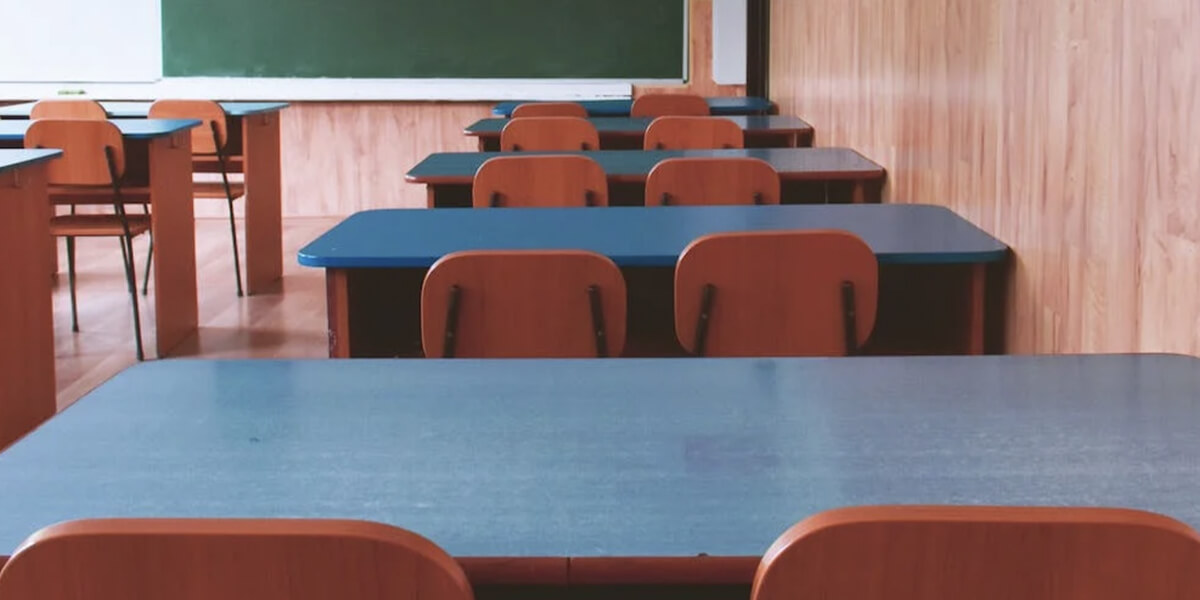As students with disabilities shift from high school to higher education or employment, the Committee on Special Education (CSE) is charged with developing what’s called a “transition plan” to ensure that students have a smooth adjustment from high school to adulthood.
In New York state, the academic success of students with disabilities is guided by the Individuals with Disabilities Education Act (IDEA), which outlines the need for having an Individualized Education Plan (IEP), but also delineates what should be included in a transition plan to help facilitate the student’s steps in life. Transition plans are developed for students in high school, and each high school student with an IEP is required to receive one.
Transition plans are a major factor to be considered when developing a high school student’s IEP, and are part of the consideration of whether a student is receiving a Free Appropriate Public Education (FAPE), as is required by the IDEA. If a student’s transition plan is faulty, deficient, or inappropriate, the school district fails to provide the student a FAPE.
You can contact us 24 hours a day, 7 days a week via phone at 8885294543, by e-mail at info@tullylegal.com or by clicking the button below:
What is a transition plan?
A transition plan is a required component of an IEP. Similar to the development of the rest of the student’s IEP, transition plan development requires partnership among the student, family, and school district to provide services to assist the student in moving from high school to adult life.
School districts have specific responsibilities under federal and state law and regulations to provide appropriate transition planning and services for students with disabilities.
The key elements of a transition plan include the following:
- The student’s age. Transition planning must begin for high school students no later than the first IEP to be effect when the student turns 14 years old. Should the CSE deem it appropriate, transition planning can begin earlier. Some states require transition planning to begin at age 16. If you are unsure of your state’s requirements, reach out to a special education attorney for assistance.
- The student-centered approach. To set the stage for the transition plan, it must include the student’s strengths, post-high school preferences (education, employment, independent living, etc.), and interests. The goal is to involve the student to the greatest extent possible, as the transition plan is for their benefit.
- Measurable post-secondary goals. Post-secondary goals are developed in order to assist the student in being ready for and achieving the skills necessary for whatever life path they choose after high school. The goals should be focused on the student’s specific life goals, and should be developed based on age-appropriate assessments. For example, if a student’s goal is to live independently post-high school, the CSE may develop goals that address managing finances, maintaining a clean household, grocery shopping, and more.
- Transition services. The IEP must also include specific transition services that assist the student in achieving their goals. These services can include internships, volunteer work, career education, daily living skills, and related services such as occupational therapy or counseling. The transition services, much like the rest of the plan, are meant to be individualized for the student to obtain the skills needed.
- Roles and responsibilities. Aside from the CSE team, representatives from outside agencies can attend the transition plan meeting as well to delineate which individuals will be providing which service. For example, if the student is accepting and will be participating in an internship, a representative from the agency or organization can attend the meeting and discuss what the student will be doing at the internship to meet their post-secondary goals. As mentioned above, the purpose of the transition plan is to be as collaborative as possible across each area the student will be participating in.
- Annual review. Much like an IEP, the transition plan must be reviewed and updated annually to outline the student’s progress and make any changes to the student’s post-high school goals that may have come up in the past year.
Ready to book your consultation? Click below to pay our consultation fee and book your meeting with an attorney today!
Why do I need a transition plan?
Transition plans are designed to help prepare students with disabilities to achieve the best outcome possible related to plans and goals after high school, including living, learning and being employed to the best of their ability within the community.
Special education attorneys can assist with developing transition plans, and are well-versed in the complexities of state and federal laws such as the IDEA, Section 504 of the Rehabilitation Act, and the Americans with Disabilities Act (ADA). Their knowledge extends beyond general legal advice, providing strategic guidance tailored to the unique needs of students with disabilities. If your child is in high school, or is nearing high school age, transition plan development will be largely incidental to the remainder of their education, and post-high school life. Working with a dedicated and knowledgeable special education attorney can make all the difference.
The New York state education law attorneys at Tully Rinckey can help you achieve your goals when it comes to your disabled child’s academic well-being and future. If you have additional questions about IEPs or transition planning, our team of attorneys is available to assist you today. Please call 8885294543 to schedule a consultation or schedule a consultation online.
Sivan Zak is an associate with Tully Rinckey PLLC’s White Plains, N.Y., office, where she practices education law. Prior to joining Tully Rinckey, Sivan worked for the New York City Department of Education’s Special Education Unit as an agency attorney interne. There, she dedicated her time to investigating and litigating special education cases filed against the City for allegations of Free Appropriate Public Education (FAPE) violations under the Individuals with Disabilities Education Act (IDEA). She can be reached at info@tullylegal.com or at (888) 544-7929.








